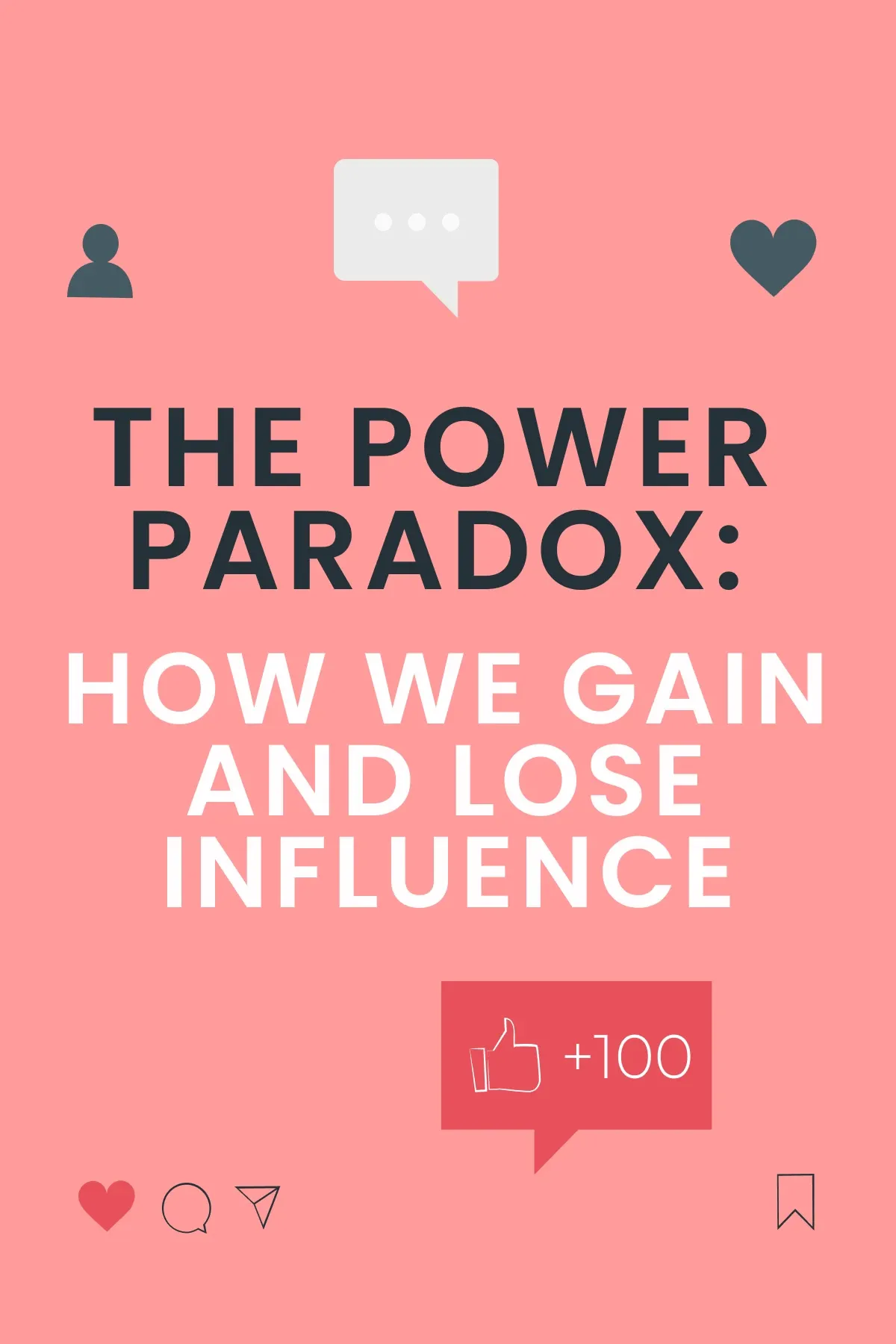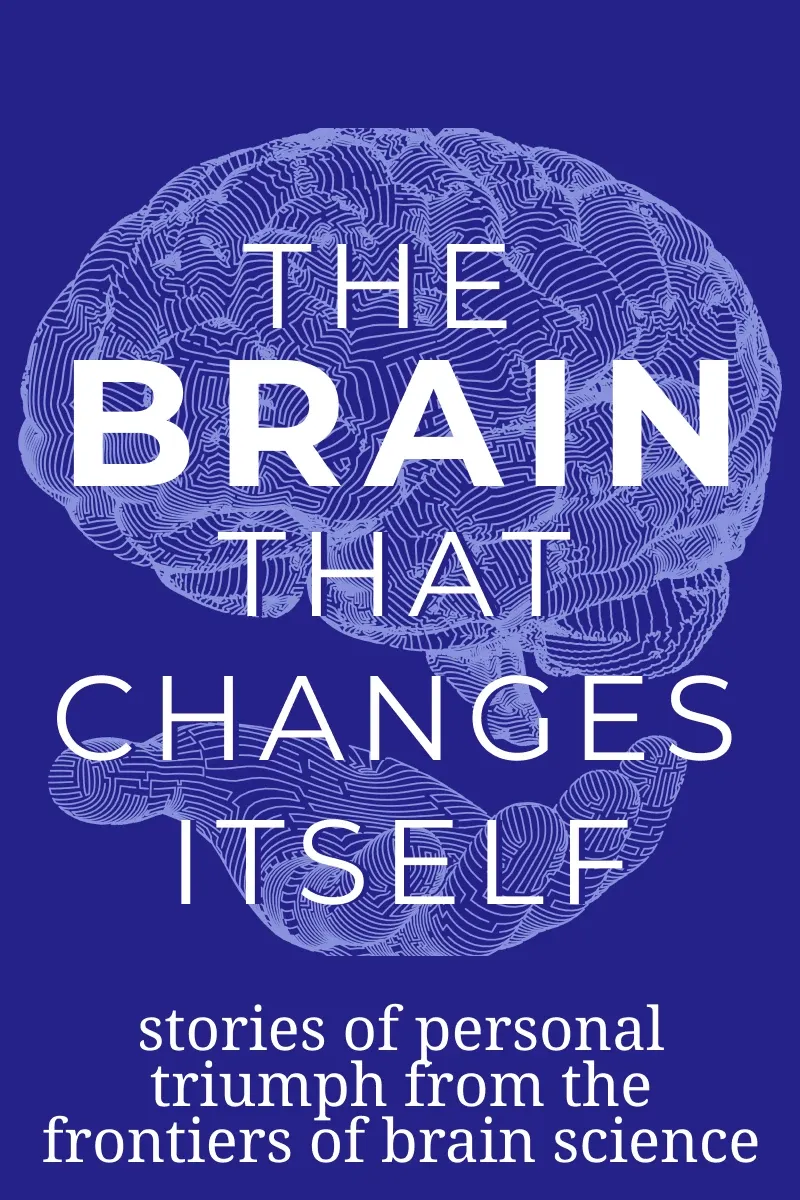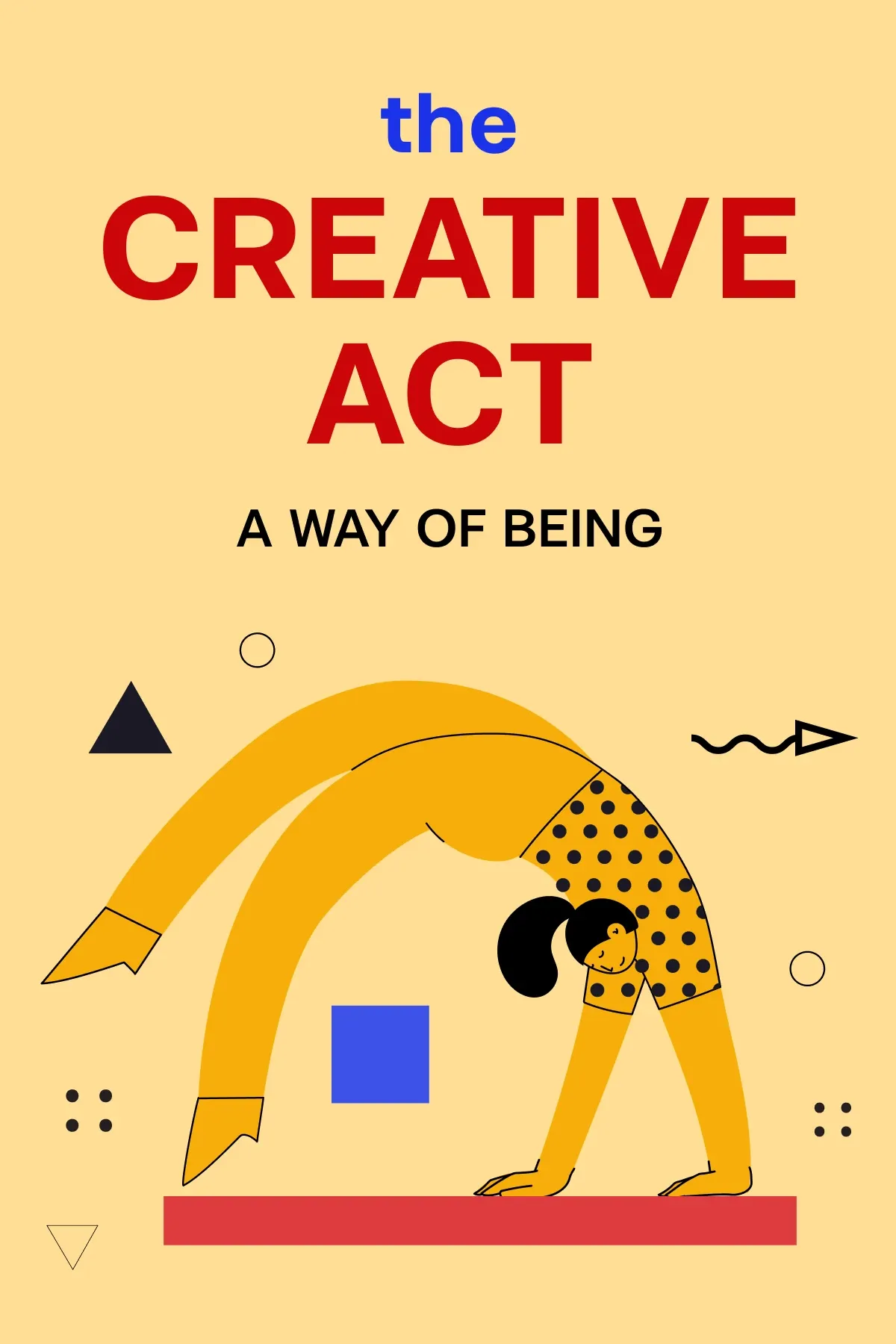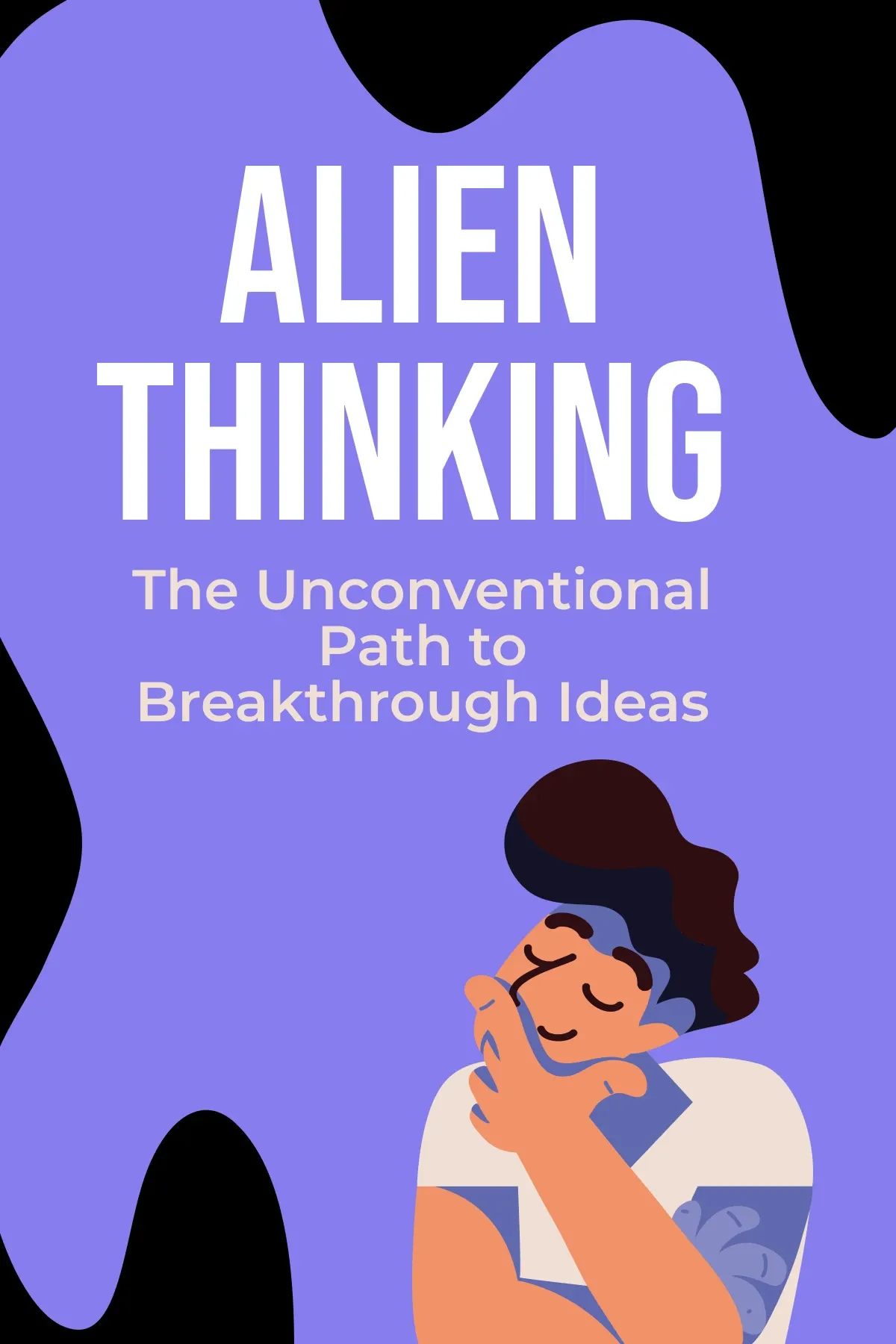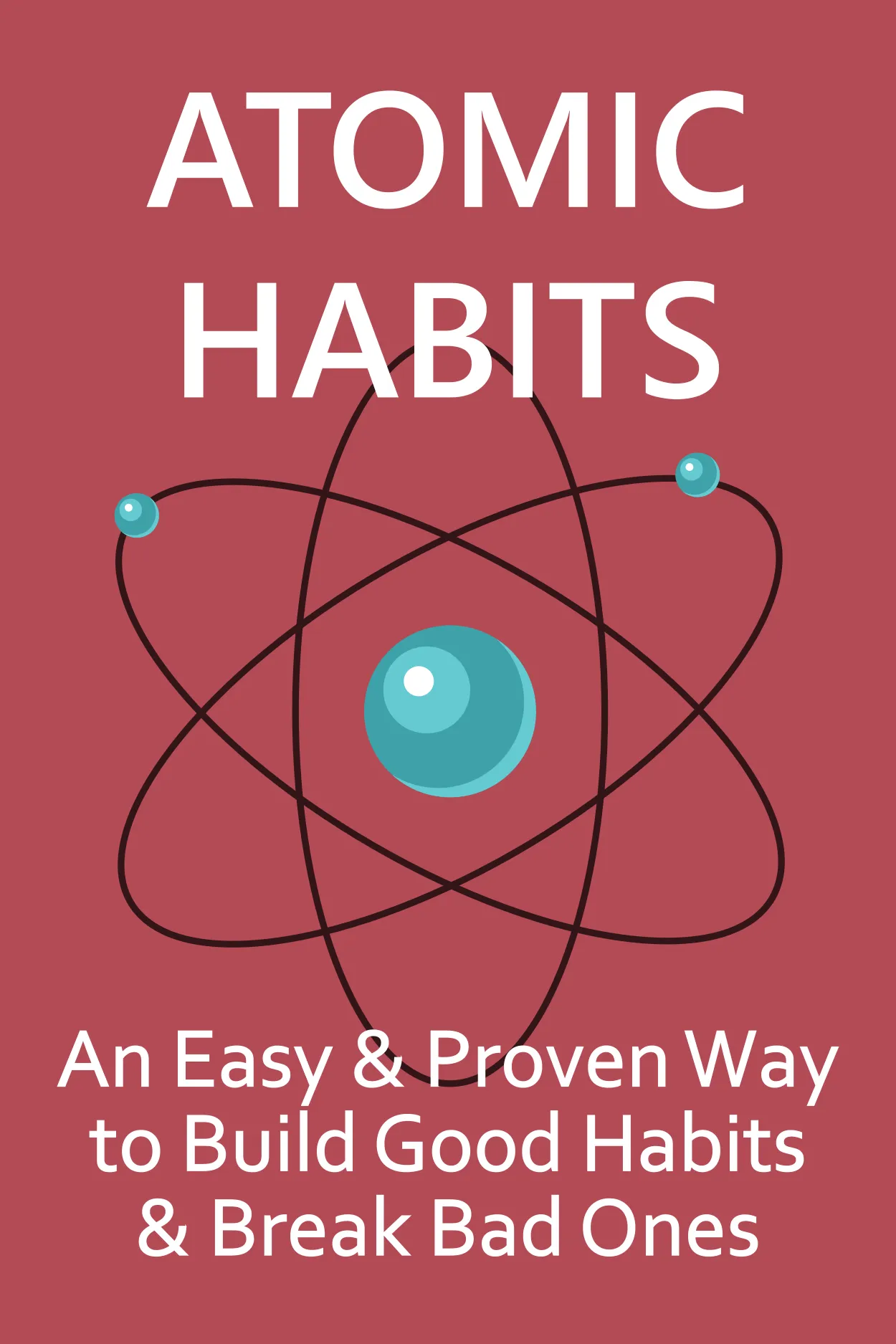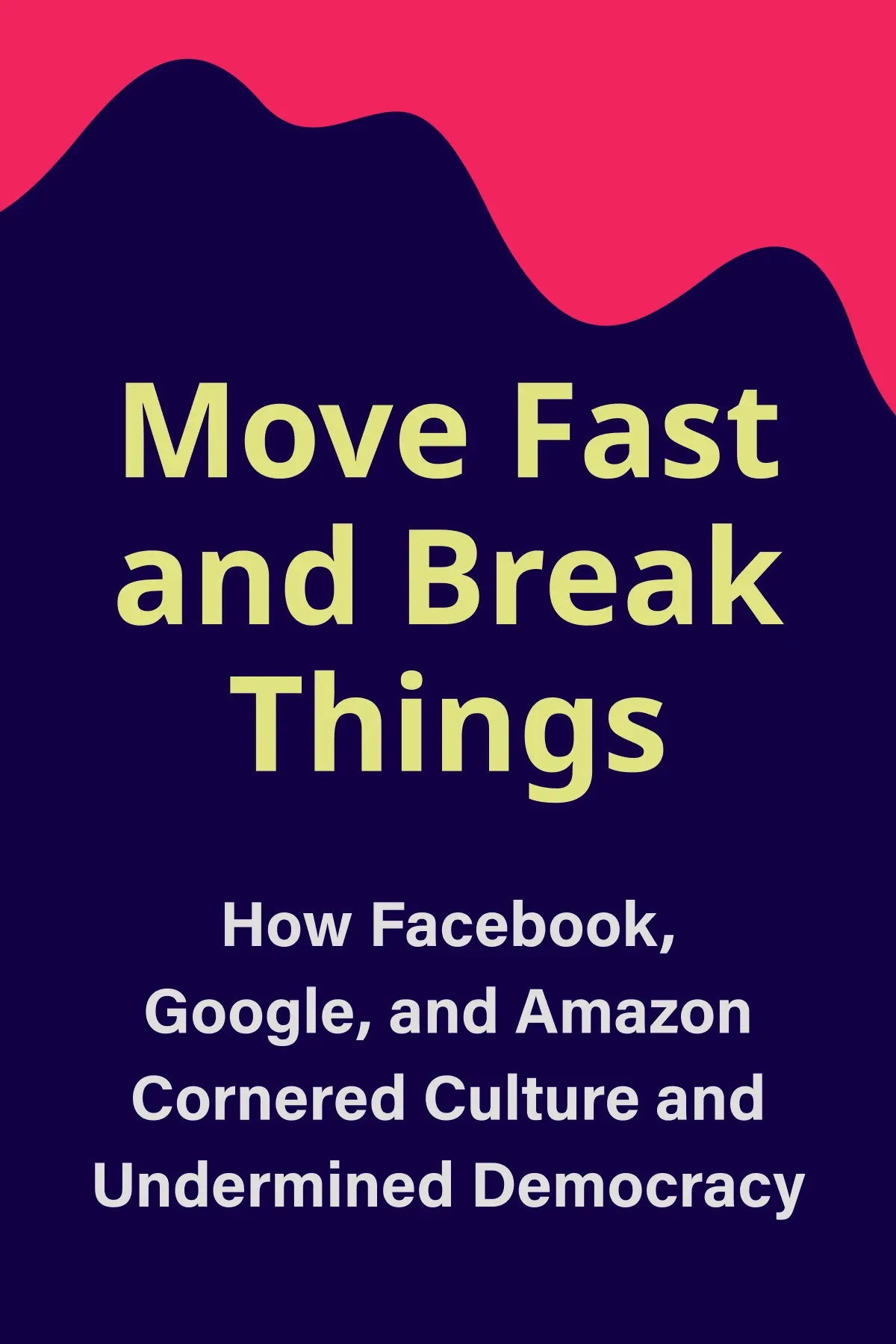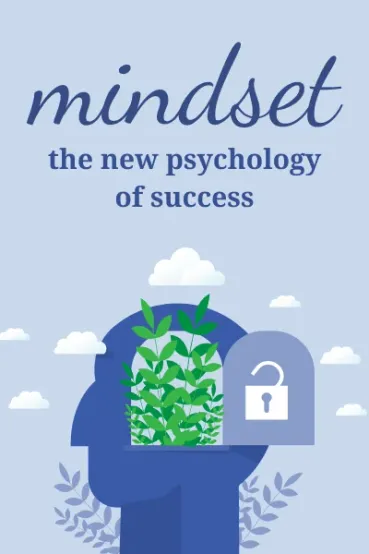
Mindset
Brief Summary
“Mindset: The New Psychology of Success” by Carol Dweck is a book that makes you think twice about your mindset. It provides a piece of example-based advice on growing and improving yourself. Also, it helps you find the reason for your fixed mindset.
Topics
Key points
Key idea 1 of 7
Prominent corporate giants have a tendency to recruit the cream of the crop among recent graduates. After hiring, they put them under immense pressure to perform impeccably from day one. However, they do not offer comprehensive on-the-job training. These enterprises make their workers learn on the go. Furthermore, they meticulously pay attention to their every move. Those who falter in their initial endeavors face termination. This approach cultivates a fixed mindset, a belief that your qualities are unchangeable.
Individuals with a fixed mindset give standardized tests the authority to gauge their level of worthiness. They endow these tests with the power to define their identity. Hence, each success assumes paramount importance in their eyes. But you must understand that an opinion like that can not fully measure your abilities. Those tests can not skyrocket your career or make you fail in a moment. Neither can they define your future success.
A fixed way of thinking makes you believe your skills are constant. Thus, it leads you to stick to your comfort zone. You focus on self-fulfillment instead of achieving something new. Sure, building adequate self-esteem is crucial. Still, problems may arise when you feel obligated to succeed solely because you consider yourself exclusive.
People with such a mindset often experience an unescapable compulsion to succeed. When they achieve success, they feel pride and a sense of superiority. They make an incorrect assumption by viewing their fixed traits as superior to those of others. It may happen when you tie your dignity exclusively to your performance. In such cases, the fear of losing the feeling that you are decent can be paralyzing.
However, beneath the fixed mindset, there lies a fundamental question. "If my worth is solely contingent on success, what will be my identity in the face of failure?" So, afraid of being considered a failure by themselves, people with this mindset frequently endeavor to salvage their self-esteem. They craft reasons to validate themselves or blame others.
In the 60s, they used to say that becoming was better than being. Being fixed turns you away from achieving the things you want. Instead, it makes you think that you are not enough because you are not born this way. Remember that even geniuses work hard to achieve success! You can imagine that your progress in life is as rapid as your capacity for learning and growth. Every time you acquire new knowledge or skills, you advance.
FAQ
You may also like these summaries



